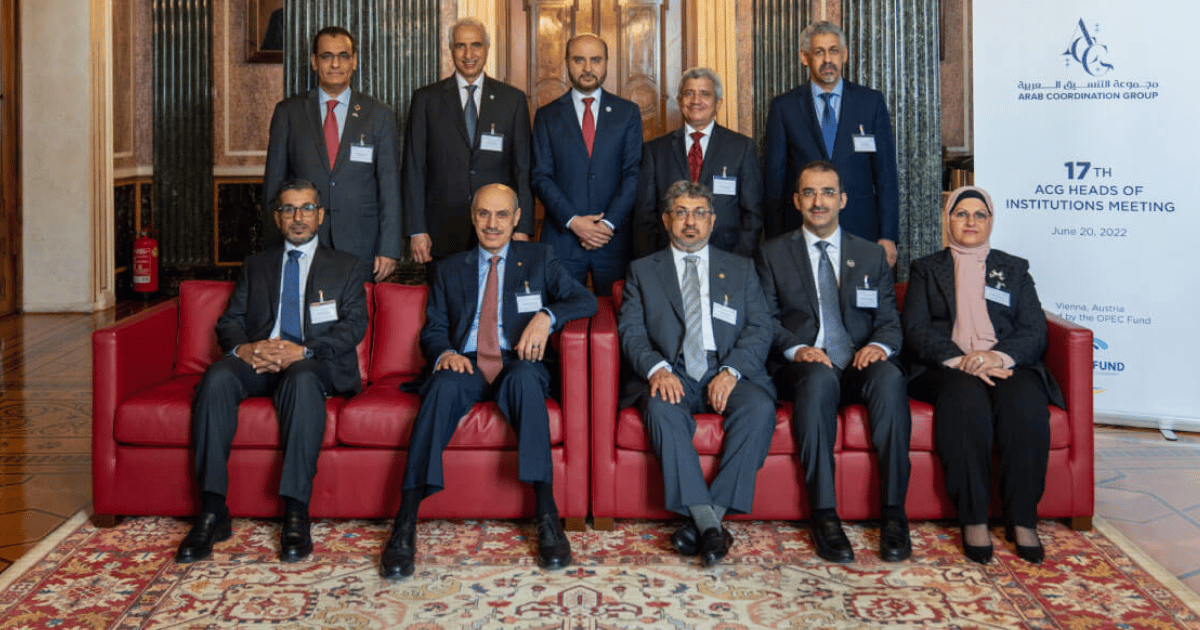- Renewables Rising
- Posts
- Gulf nations pour billions into Africa's energy sector
Gulf nations pour billions into Africa's energy sector

From the newsletter
The Arab Coordination Group (ACG), a collective of development finance institutions, has pledged $2 billion to support Mauritania's national development strategy for 2025–2030, with a large portion aimed at improving the country's electricity infrastructure. This adds to a growing list of investments in Africa by various oil-rich Arab countries.
In particular North African countries are receiving energy investments, with neighbouring Europe and Middle East nations seeking import alternatives for electricity.
In Mauritania, energy firms Chariot and Total Eren are developing a 10 GW green hydrogen project.
More details
Mauritania has experienced a surge in investment activity in its renewable energy sector. The country has so far secured pledges exceeding $2.4 billion, including the $2 billion from ACG. Earlier this month, it approved a $94 million financing agreement from the International Development Association (IDA) aimed at improving electricity reliability and strengthening its power infrastructure. The World Bank also recently approved the "DREAM Project" to the tune of $100 million to support hydrogen development and expand energy storage.
While Africa continues to receive investments from long-standing allies such as the US and European countries, Gulf nations have recently significantly increased their contributions. In 2024, the ACG collectively provided $19.6 billion to fund nearly 650 operations across over 90 countries worldwide. About 20% of this total financing was allocated to Africa, aligning with the group's pledge to invest $50 billion in African sustainable development by 2030.
Gulf nations hold ambitions to control future energy sources, similar to their current dominance in oil and gas. To achieve this, they are expanding investments in Africa, a continent rich in renewable resources that can be cheaply harnessed for hydrogen production. These investments aim to expand their geopolitical influence while simultaneously addressing Africa's electricity deficit.
Big multinational energy companies from the region, often backed by oil revenue, have entered the African market with mega projects. Dubai-based developer AMEA Power has over 2,600 MW of clean energy projects under development. It recently completed a 500 MW wind project in Egypt and a 50 MW solar plant in Togo. UAE-based Masdar aims to develop 10,000 MW of renewable capacity in Africa by 2030. Saudi-based ACWA Power has invested more than $7 billion, and this week commissioned one of its major projects: a 100 MW concentrated solar plant in South Africa.
The Gulf nations are significantly increasing competition in Africa's renewable energy funding landscape. While China, European, and American development finance institutions have been key players, Gulf states are quickly becoming a preferred alternative. African governments are drawn to their flexible and substantial state-backed funding, which fills critical gaps for large-scale projects. Saudi Arabia’s ACWA Power is constructing a 2,000 MW wind farm, while the UAE's Masdar is planning a 1,100 MW wind facility in Egypt.
The increased funding from Gulf nations comes at a time when the US is withdrawing from supporting African projects through the closure of its main programme, Power Africa, and the USAID fund. This gap can be filled by Gulf nations, which bring substantial oil-backed money that can bankroll big projects.
Our take
Africa must adopt a pragmatic negotiation stance. Gulf nations are driven by commercial and strategic ambitions, not traditional aid. Therefore, African countries should ensure all deals are structured for clear, mutual benefit.
The aggressive entry of Gulf nations will intensify competition in the funding space and potentially drive down project costs and encourage efficiency, to the benefit of African countries.
African countries need to be very careful when designing projects and entering deals to avoid project cancellations after heavy investments, like it happened with the Morocco Xlinks project, which was cancelled by the UK, leaving early investors in confusion.